Revolutionizing Education: The Power of Digital Marketing in Learning. In the modern, rapidly evolving digital era, education has experienced a substantial metamorphosis. Traditional methods of teaching and learning are evolving to adapt to the digital landscape. One of the key drivers of this transformation is the power of digital marketing. In this article, we will explore how digital marketing is revolutionizing education, making it more accessible, engaging, and effective.
Table of Contents
- Introduction
- The Digital Learning Landscape
- The Role of Digital Marketing
- Personalized Learning Experiences
- Targeted Outreach to Students
- Enhancing Engagement through Social Media
- Measuring Learning Analytics
- Interactive Content Creation
- SEO in Educational Content
- Challenges and Concerns
- The Future of Digital Marketing in Education
- Conclusion
- FAQs
Introduction
Education now extends beyond the traditional confines of a classroom. The digital revolution has
brought about a paradigm shift in the way students learn and educators teach. Digital marketing,
with its various tools and techniques, plays a pivotal role in this revolution. Let’s delve deeper into
how digital marketing is reshaping education.
The Digital Learning Landscape
The digital learning landscape comprises online courses, e-learning platforms, and virtual
classrooms. This shift has been accelerated by the convenience and accessibility offered by the
internet. Students from around the world can access educational resources with just a few clicks.
The Role of Digital Marketing
Digital marketing acts as a bridge between educational institutions and learners. It involves using
various online channels to promote educational services, courses, and programs. Let’s explore some
key ways in which digital marketing is transforming education.
Personalized Learning Experiences
One of the most significant advantages of digital marketing in education is the ability to tailor
learning experiences to individual students. Through data analysis and user behaviour tracking,
educators can create personalized learning paths that cater to each student’s strengths and
weaknesses.
Targeted Outreach to Students
Digital marketing enables educational institutions to reach their target audience effectively. By
utilizing tools like email marketing and social media advertising, schools and universities can connect
with prospective students based on their interests and demographics.
Enhancing Engagement through Social Media
Social media platforms provide a dynamic space for educational institutions to engage with their
students. From live Q&A sessions to interactive discussions, these platforms foster a sense of
community and collaboration among learners.
Measuring Learning Analytics
Digital marketing tools also allow educators to track students’ progress effectively. Learning analytics
provide insights into which areas students excel in and where they may need additional support.
This approach driven by data aids educators in fine-tuning their teaching methods.
Interactive Content Creation
The creation of interactive and multimedia-rich content has become easier with digital marketing
tools. Video lectures, quizzes, and gamified learning modules enhance engagement and make
learning more enjoyable.
SEO in Educational Content
Search Engine Optimization (SEO) techniques ensure that educational content reaches a wider
audience through search engines. When educational materials are optimized for search, they
become more accessible to students seeking specific information.
Challenges and Concerns
Despite the many benefits of digital marketing in education, there are challenges, including data
privacy concerns and the digital divide. It’s crucial for educators and policymakers to address these
issues while harnessing the power of digital marketing.
The Future of Digital Marketing in Education
As technology continues to evolve, so too will the role of digital marketing in education. Virtual
reality, artificial intelligence, and machine learning are poised to further enhance the educational
experience, making it even more immersive and personalized.
Conclusion
Digital marketing has undoubtedly revolutionized education. It has broken down geographical
barriers, provided personalized learning experiences, and improved engagement. As we move
forward, it’s essential to harness the full potential of digital marketing while addressing the
challenges it presents.
FAQs
Q1: How does digital marketing benefit educational institutions?
Digital marketing helps educational institutions reach a wider audience, personalize learning
experiences, and engage with students effectively.
Q2: Are there any privacy concerns related to digital marketing in education?
Yes, data privacy concerns exist, and educators must ensure the protection of students’ personal
information.
Q3: What role does SEO play in educational content?
SEO helps educational content rank higher in search engine results, making it more accessible to
students seeking relevant information.
Q4: How can digital marketing adapt to the needs of differently abled students?
Digital marketing can incorporate accessibility features like screen readers and subtitles to cater to
differently abled students.
Q5: What does the future hold for the integration of digital marketing and education?
The future promises even more immersive and personalized learning experiences through
technologies like virtual reality and artificial intelligence.
In conclusion, digital marketing has transformed education into a dynamic and accessible field. It
empowers educators to create tailored learning experiences, engage with students effectively, and
measure progress accurately. As we embrace the opportunities presented by digital marketing, it’s
essential to address the challenges and ensure that education remains inclusive and equitable for all
learners.


